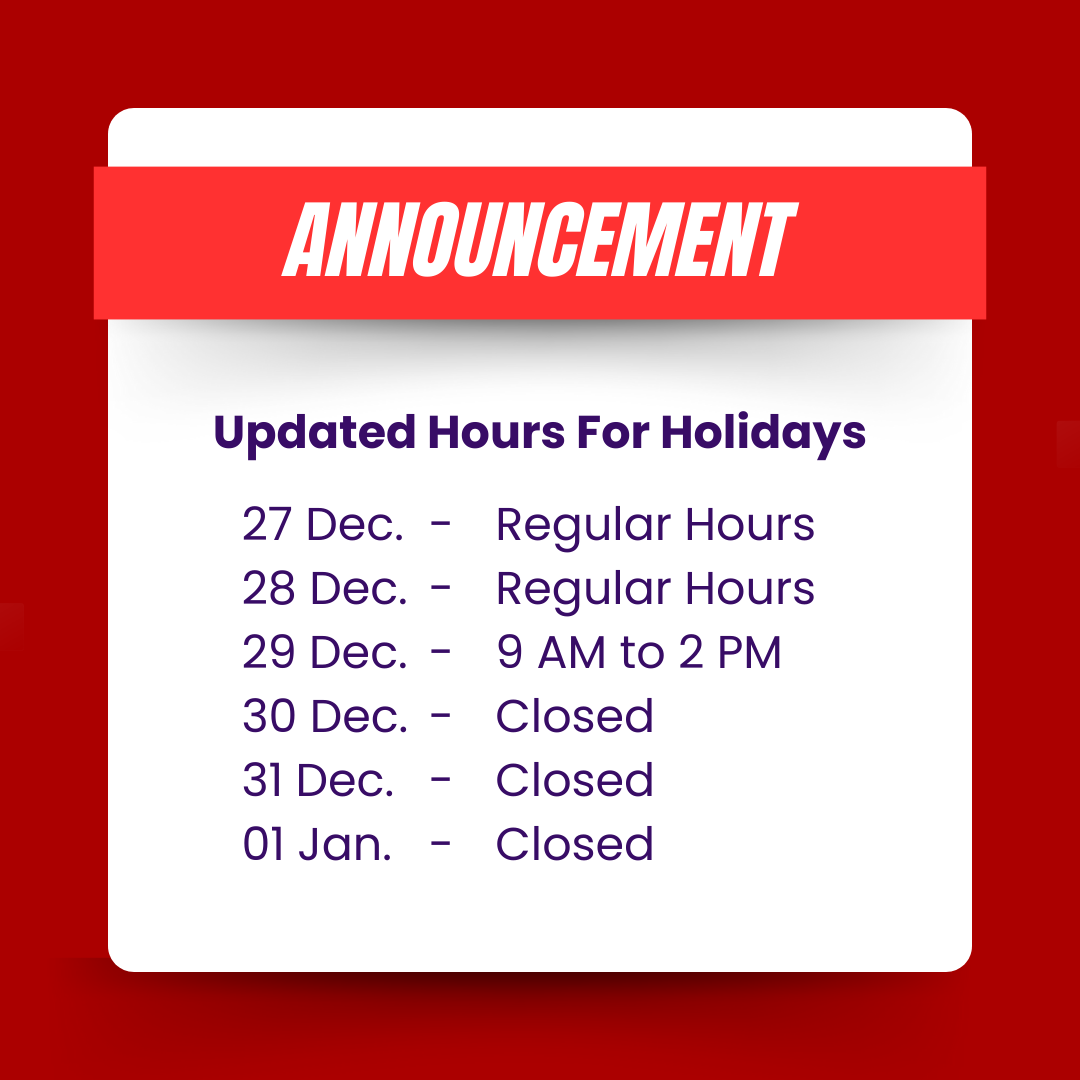Owning a cottage is a cherished dream for many, offering an idyllic escape from the hustle and bustle of everyday life. However, the tranquility of your haven can be disrupted by unforeseen events, making cottage insurance a crucial aspect of property ownership. In this comprehensive guide, we’ll delve into the intricacies of insuring your cottage property, covering essential factors that can make a significant difference in safeguarding your retreat.
Understanding Cottage Insurance Basics: More Than Just Four Walls
Cottage insurance goes beyond protecting the physical structure; it encompasses the land, personal property, and liability coverage. The first step is to evaluate the value of your cottage and its contents. This includes furniture, appliances, and any personal belongings stored on the premises. Determining the replacement cost ensures that your coverage adequately reflects the financial investment you’ve made in your retreat.
Types of Cottage Insurance: Tailoring Coverage to Your Needs
There isn’t a one-size-fits-all approach to cottage insurance. Different policies cater to various needs and usage patterns. Basic coverage typically includes protection against perils such as fire, theft, and vandalism. However, for comprehensive protection, consider additional coverage options like flood insurance, especially if your cottage is situated in a flood-prone area. Liability coverage is another crucial component, shielding you from legal and medical expenses in the event of accidents on your property.
Seasonal Considerations: Adapting Coverage to Your Cottage Lifestyle
Cottage properties often experience seasonal fluctuations in usage. Understanding how these changes impact your insurance needs is key to maintaining adequate coverage. Many cottage owners opt for seasonal insurance policies, adjusting coverage during periods of non-use to reduce costs. This flexibility ensures protection when your cottage is most vulnerable, whether it’s during the freezing winter months or the scorching summer season.
Factors Influencing Insurance Premiums: Navigating Cost and Coverage
Several factors influence the cost of your cottage insurance premiums. Location plays a pivotal role, with properties in disaster-prone areas often incurring higher premiums. The age and condition of your cottage, as well as the security measures in place, also impact costs. Installing security systems, smoke detectors, and fire extinguishers can not only enhance safety but also contribute to lower insurance premiums.
Evaluating Liability Coverage: Protecting Yourself and Your Guests
Liability coverage is a cornerstone of cottage insurance, shielding you from the financial repercussions of accidents on your property. This includes injuries sustained by guests or damages to their property. Adequate liability coverage ensures that you can enjoy your cottage retreat without constant worry, knowing that unforeseen events won’t jeopardize your financial well-being.
Assessing the Need for Additional Policies: Beyond the Basics
While standard cottage insurance covers a range of perils, some situations may require additional policies. If your cottage is a rental property, landlord insurance becomes essential. This specialized coverage protects against rental-related risks, including property damage caused by tenants. Additionally, if your cottage is located in a region prone to specific natural disasters, such as earthquakes or hurricanes, consider supplementary policies to fortify your protection.
Mitigating Risks: Proactive Measures for a Secure Haven
Beyond insurance, proactive risk mitigation measures can significantly enhance the security of your cottage property. Regular inspections and maintenance ensure that potential issues are identified and addressed before they escalate. Weatherproofing your cottage, securing windows and doors, and implementing wildfire prevention measures are proactive steps that not only reduce the likelihood of damage but also demonstrate a commitment to safety, potentially lowering insurance premiums.
Navigating the Claims Process: A Lifeline in Times of Crisis
Understanding the claims process is as crucial as selecting the right insurance policy. In the unfortunate event of damage to your cottage, prompt and accurate reporting is essential. Document the damage thoroughly, providing photographs and a detailed description. Keep all communication with your insurance provider transparent and timely. Familiarize yourself with the claims settlement process to ensure a smoother experience during challenging times.
Conclusion
In conclusion, insuring your cottage property is a multifaceted endeavor that requires careful consideration and planning. From understanding the basics of coverage to evaluating additional policies and implementing proactive measures, each step contributes to the overall security of your haven away from home. By staying informed and taking a proactive approach, you can enjoy the tranquility of your cottage retreat with the assurance that you’ve taken the necessary steps to protect it for years to come.






